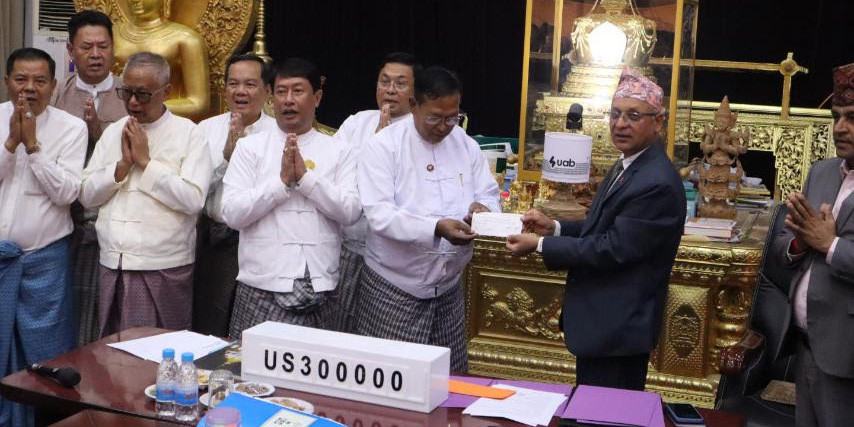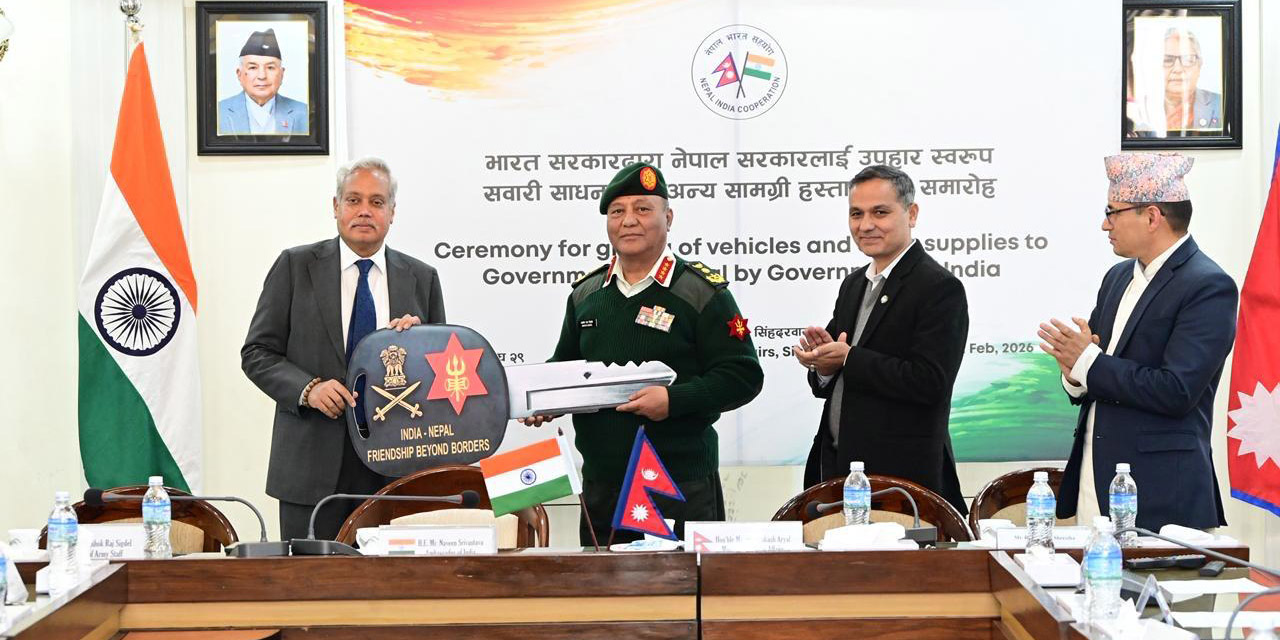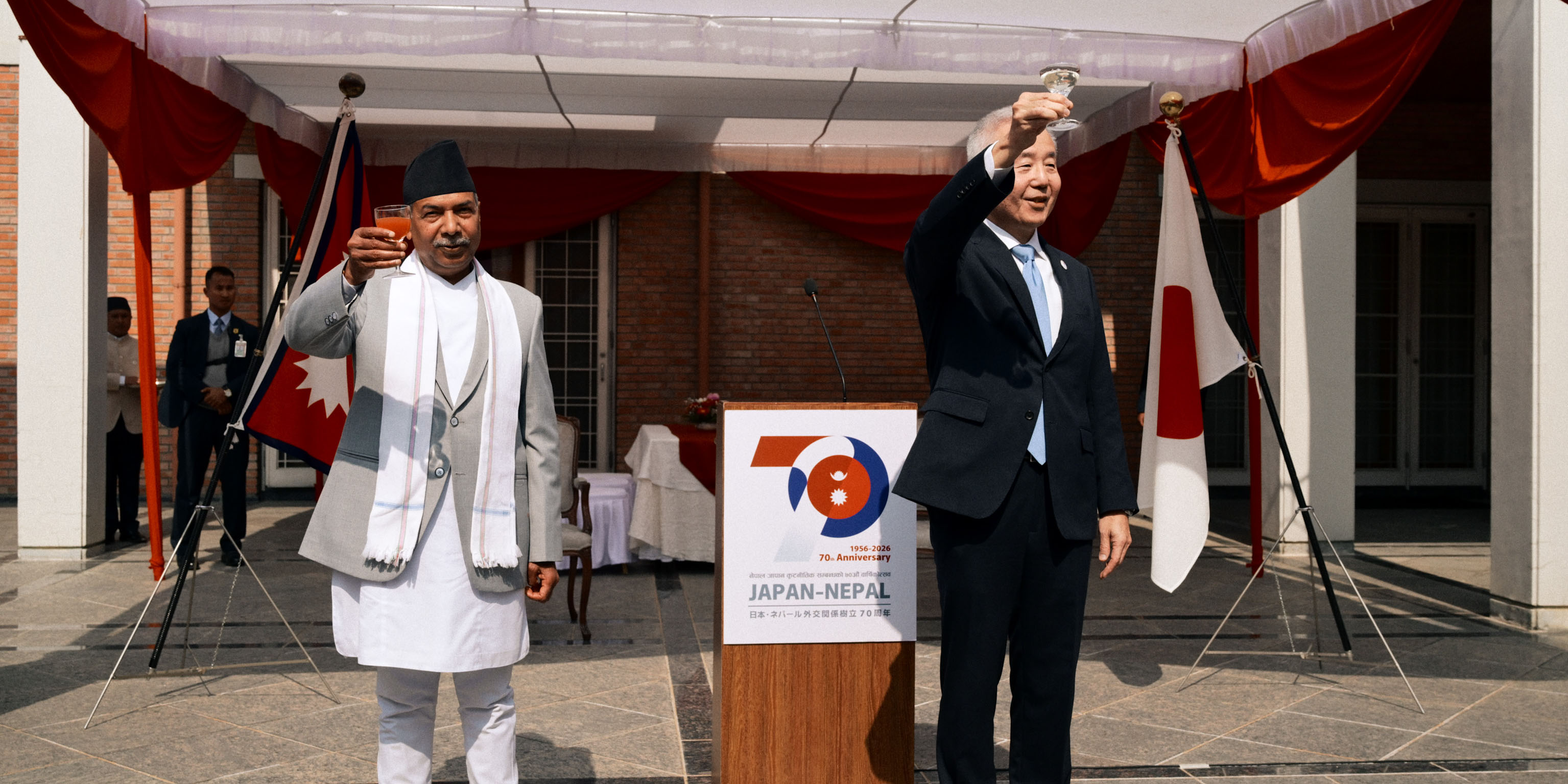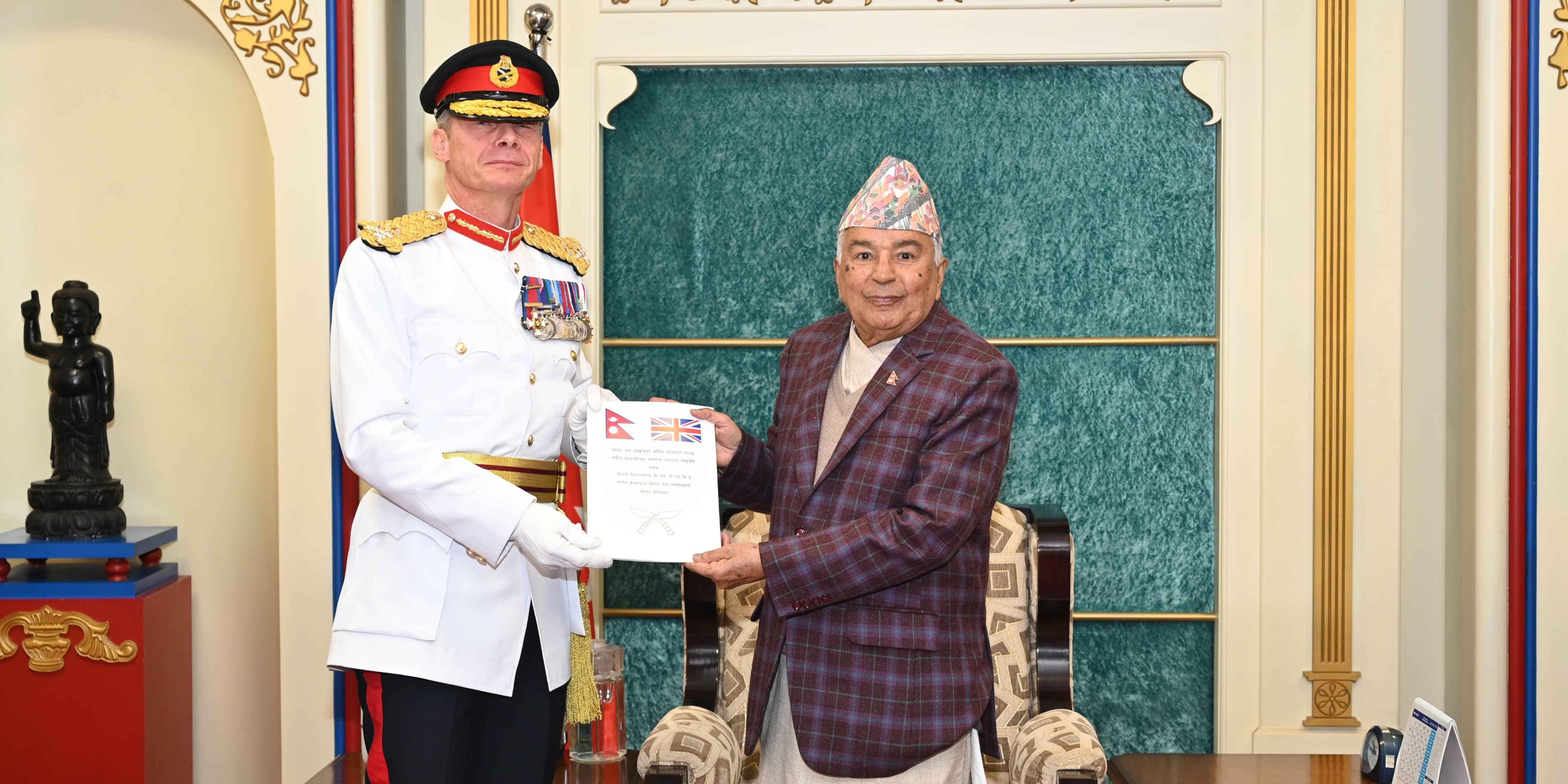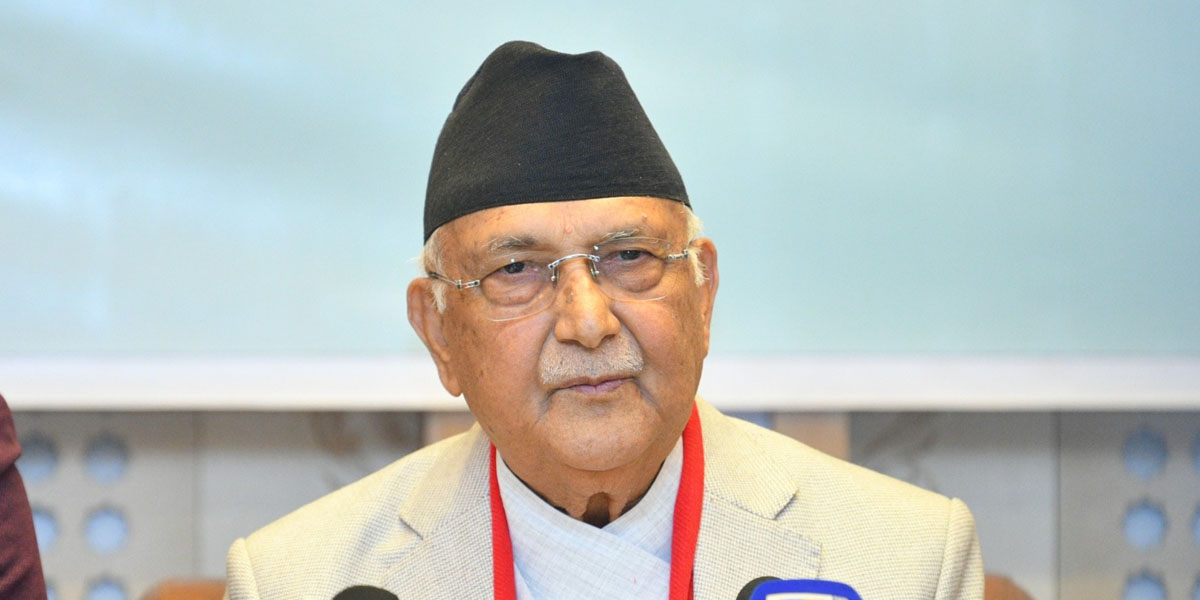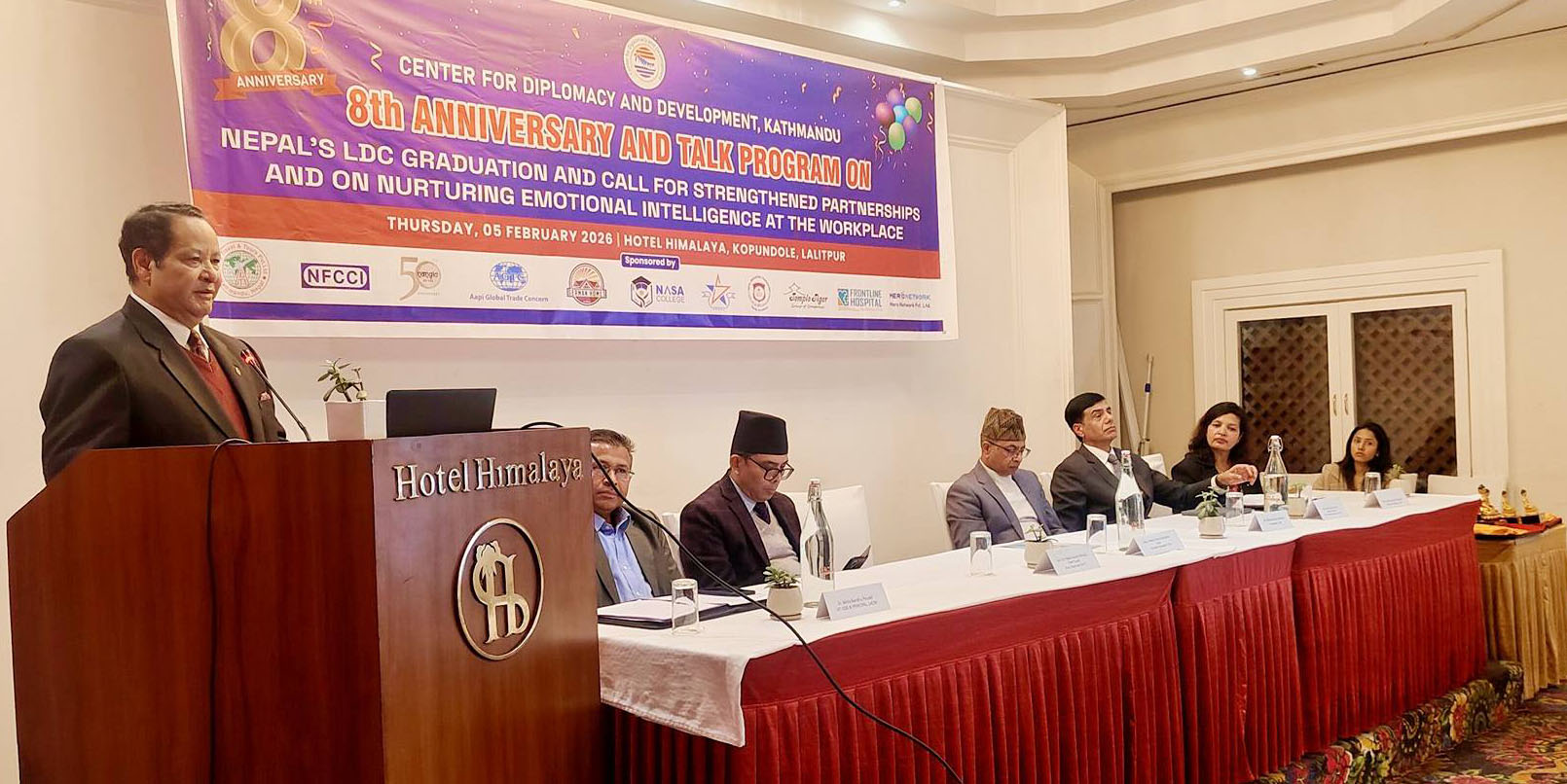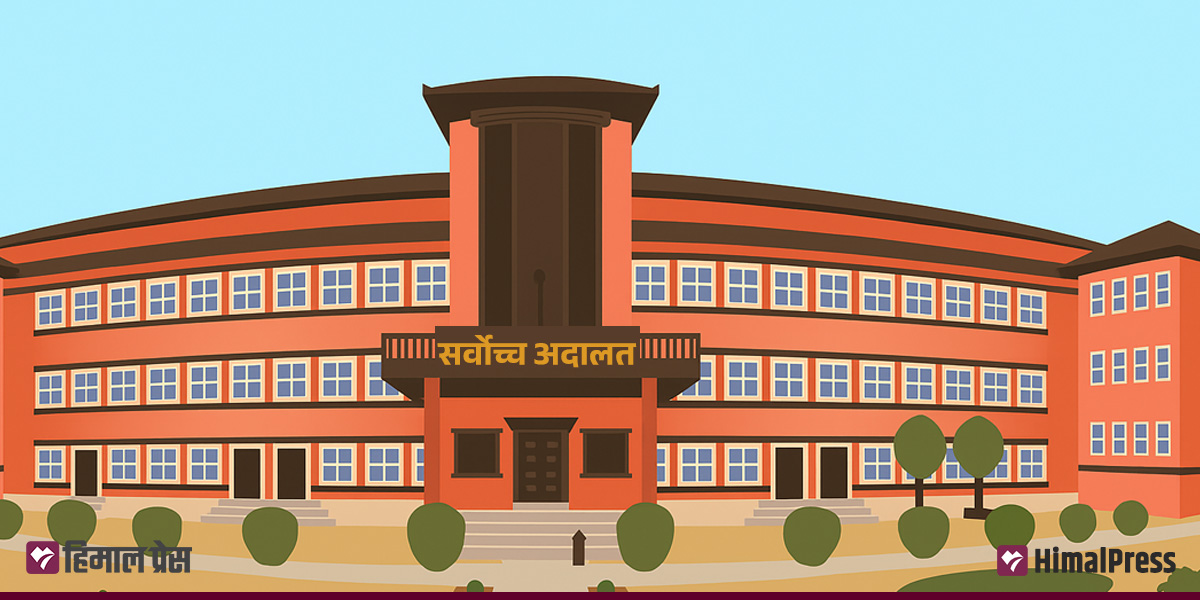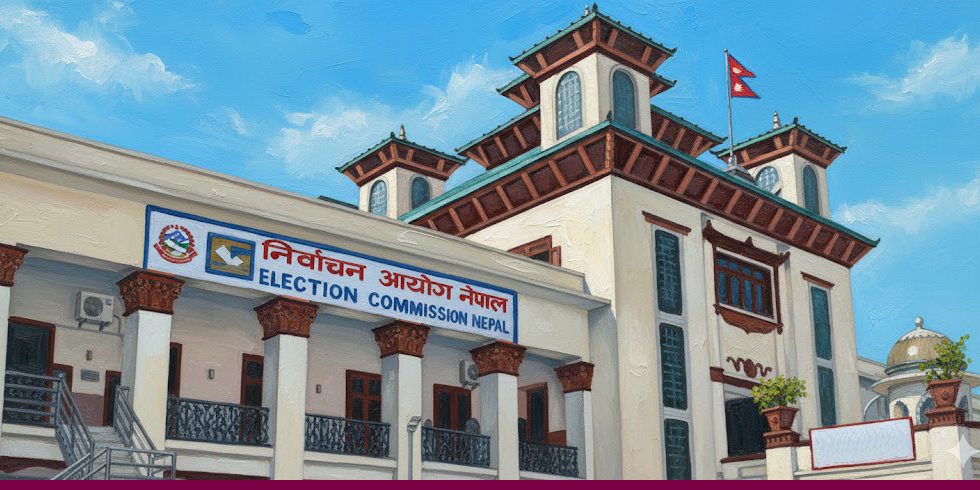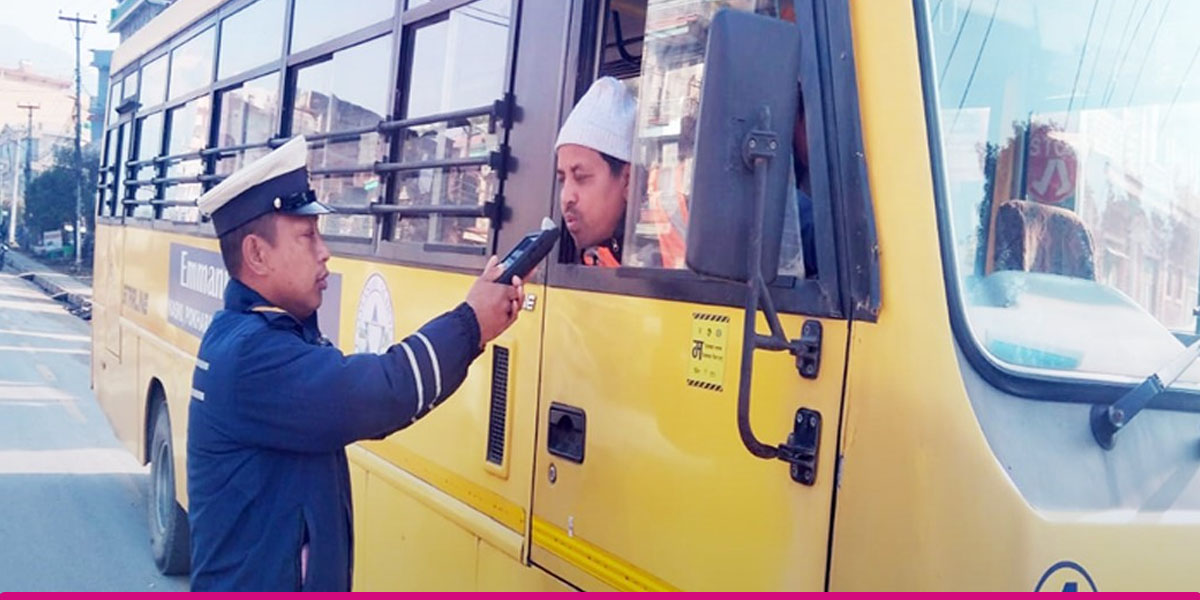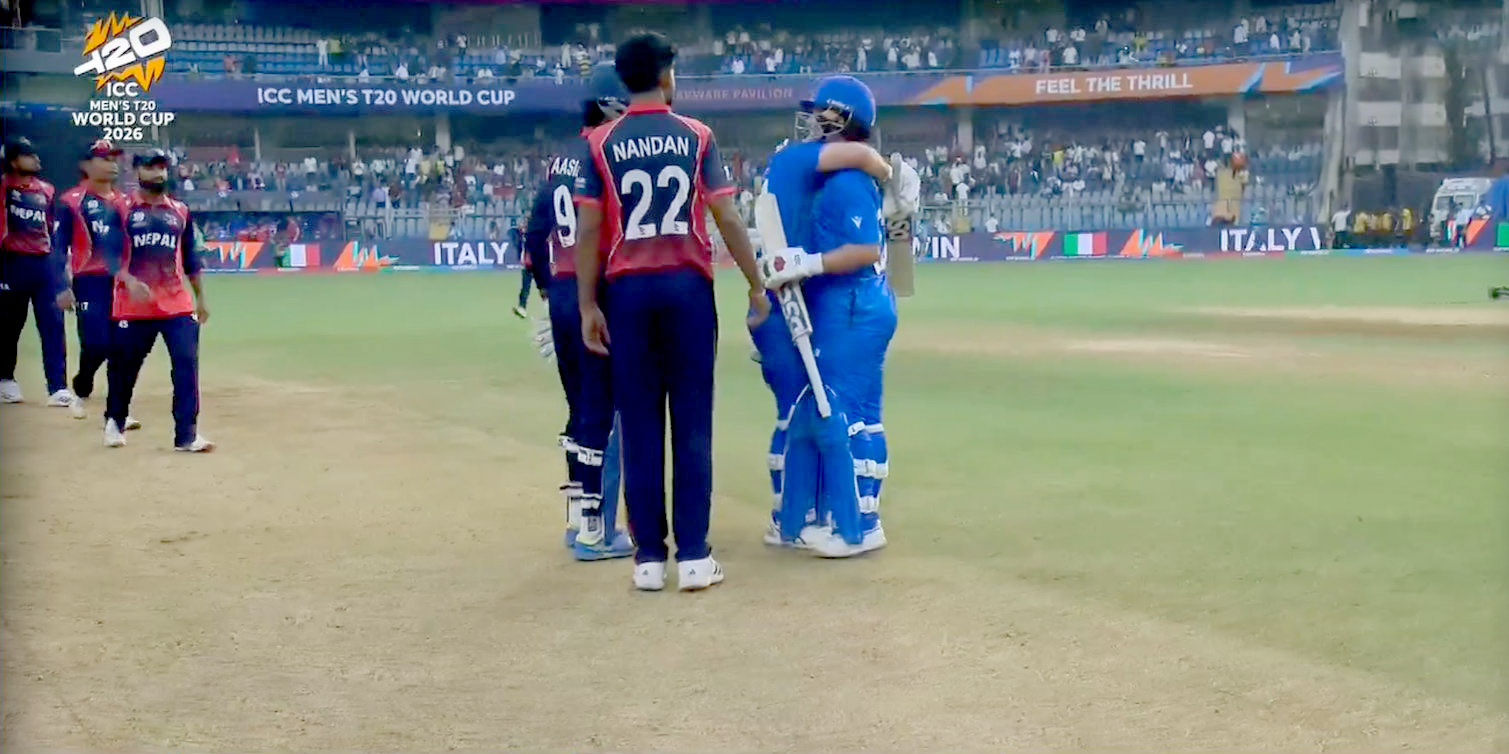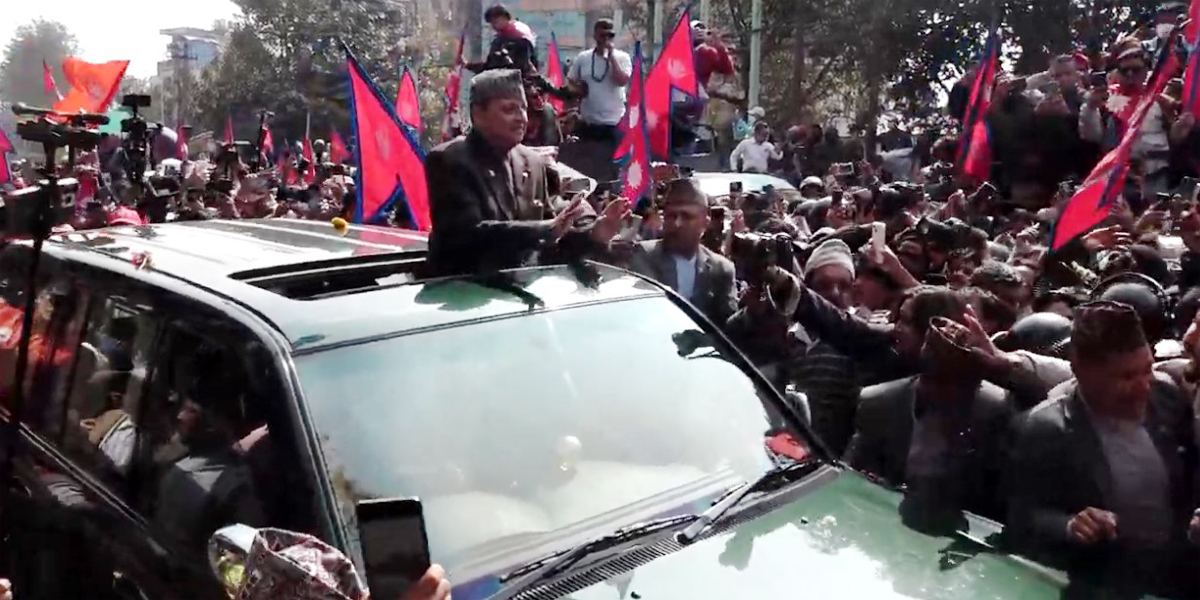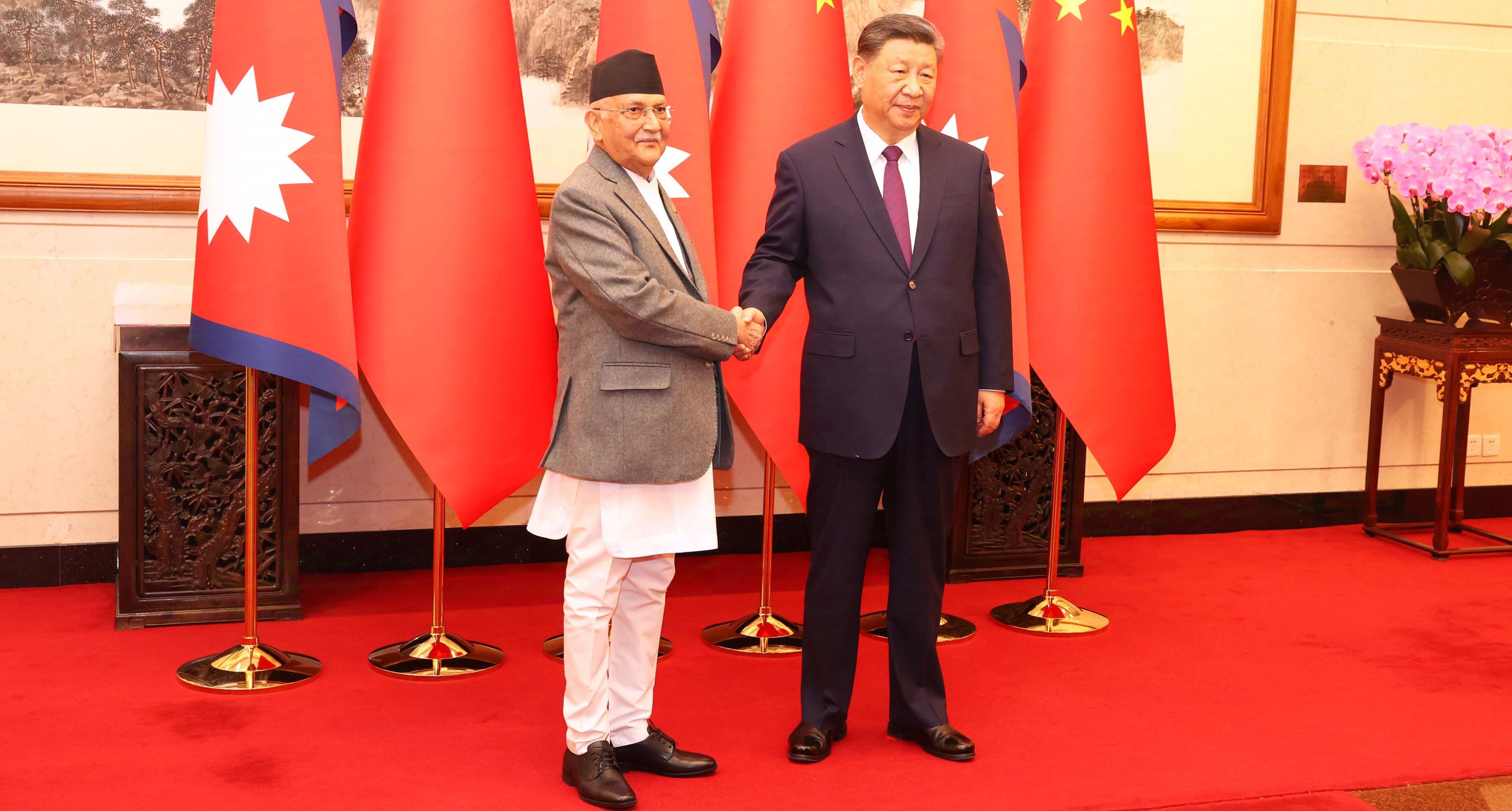 Photo: RSS
Photo: RSS
KATHMANDU: Prime Minister KP Sharma Oli’s official visit to China with a large delegation and the much-anticipated “BRI Cooperation Framework” has failed to inspire confidence among the Chinese leadership. Despite choosing China for his first bilateral political visit as Prime Minister, Oli made little progress in advancing the Belt and Road Initiative (BRI) cooperation framework.
This marks the first China visit by the new Nepali Prime Minister before visiting neighboring India. Former Prime Minister Pushpa Kamal Dahal had also visited China in 2008 without first visiting India. The visit, however, was to attend the closing ceremony of the Olympics.
Oli may have taken the decision to visit China first after sensing India’s reluctance to extend an invitation following his meeting with the Indian Prime Minister in New York on the sidelines of the United Nations General Assembly. However, apart from reviving previous agreements, his visit offered little beyond a symbolic update.
The Prime Minister, who is leading a 78-member decision to China which includes 48 government officials, has faced criticism for the size of his entourage. Only around 10 members were involved in bilateral matters. The rest seem to be in the delegation merely for pocketing allowances and enjoying sightseeing.
Nine-point agreement reached on Tuesday:
- Exchange of Letter on Tokha-Chahare Tunnel Road
- MOU on enhancing Nepal-China trade
- Exchange of Certificate on the completion of the Basantapur Durbar reconstruction
- Protocol on the export of processed buffalo meat
- MOU on the development plan
- MOU on financial and technical assistance
- Exchange of Letter on assistance
- MOU on Volunteer Chinese language teachers
- MOU on on exchange of technology Nepal Television and China Media Group
Although Nepal had made a proposal to receive only grants under the BRI framework, China rejected the framework. While a nine-point agreement was signed following bilateral talks between Oli and Premier Li, these were primarily pre-existing issues. Even trivial matters like certificate exchanges for completed projects became part of the agreement.
“The agreements are project-based but lack a clear implementation strategy under BRI,” a diplomat said.
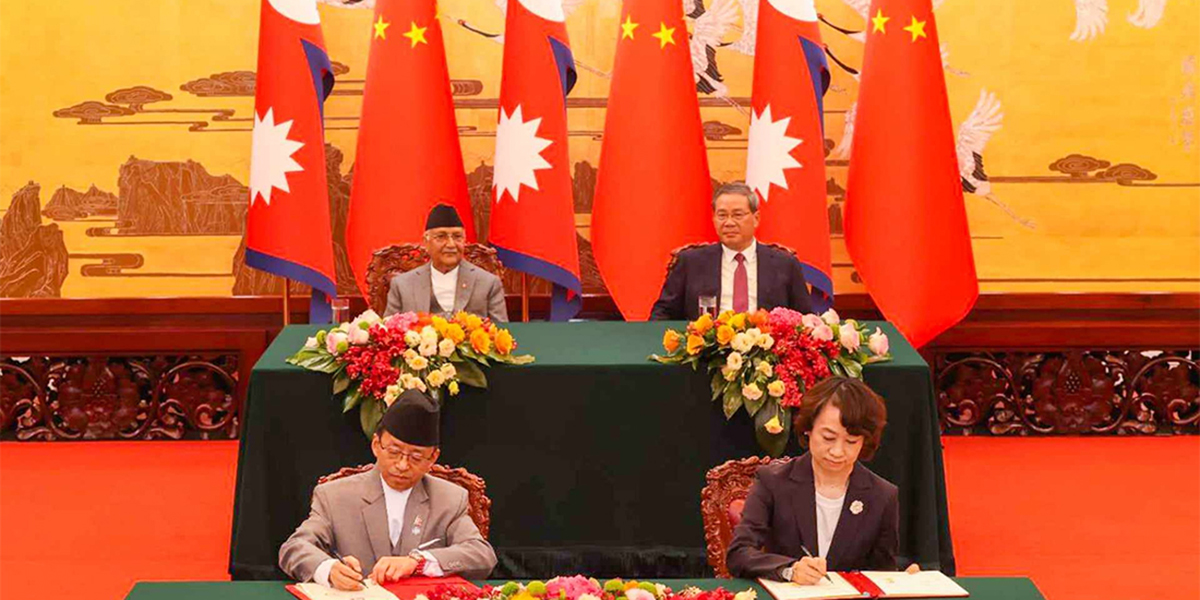
Oli’s meeting with Chinese President Xi Jinping at the Great Hall of the People lasted approximately 25 minutes, with a more extended 40-minute bilateral discussion involving other officials. Despite raising concerns about stalled agreements from Xi’s Nepal visit, much of the conversation reportedly focused on party-level issues.
Nepal signed the BRI Memorandum of Understanding (MoU) on May 12, 2017 but proposed an implementation plan only three years later. Political instability and coalition disagreements have hindered progress on BRI implementation. Though China had proposed to sign a BRI Implementation Plan during Oli’s visit, Nepal insisted on renaming it as the “BRI Cooperation Framework,” emphasizing grant-based projects. China has rejected Nepal’s proposal.
Although the two sides held lengthy discussions on terms like ‘loan’, ‘investment’ and ‘grant’ in the framework that Nepal proposed, China ultimately refused to endorse the framework. Despite diplomatic efforts, including Foreign Minister Rana’s visit and high-level consultations involving the Nepali Congress, the Chinese side could not be persuaded.
Before sending the document to the Chinese Embassy in Kathmandu, Oli held consultations with top foreign ministry officials and Nepali Congress leaders. However, China rejected the proposal, making Oli’s visit focused more on goodwill and symbolic gestures than substantial outcomes.


